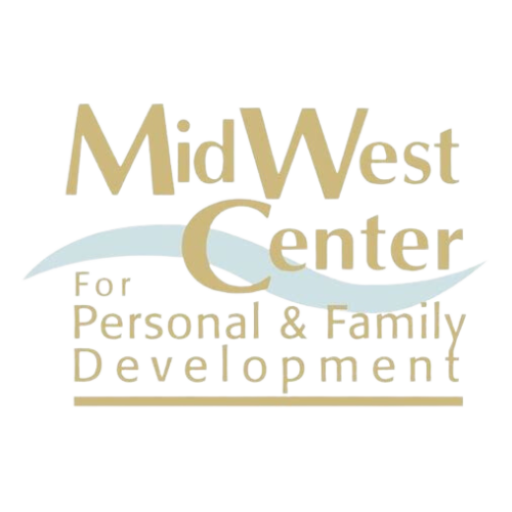One on One Therapy in St. Paul
Discover a Path to Mental Wellness Created Just for You
Many individuals feel lost, overwhelmed, and disconnected, struggling with issues that seem insurmountable. The core challenges include:
Navigating emotional distress without coping mechanisms
Without the proper tools to navigate these emotions, individuals may resort to avoidance, withdrawal, or acting out, which can further exacerbate their distress and impact their daily functioning.
The feeling of isolation, even when surrounded by others
Such feelings can be particularly pronounced in cases of mental health challenges, where stigma or misconceptions about mental health may prevent them from sharing their feelings.
Recurring negative thoughts and patterns
Negative self-talk, pessimistic views of the future, and harmful coping strategies like self-isolation or substance abuse can perpetuate a cycle of distress.
At our clinic, we offer one on one therapy sessions that are personalized to meet your needs. Our experienced therapists provide a safe, supportive, and confidential environment to explore your feelings, thoughts, and behaviors. We’re here to guide you through your journey to mental wellness, offering strategies and insights that are specific to your life’s challenges.
Personalized One On One Therapy
You may have tried self-help books, apps, or even therapy that didn’t resonate or bring the change you hoped for. We create tailored approaches that address your unique circumstances.
Personalized Care
Each session is tailored to your personal growth and healing, ensuring that your unique needs are met.
Experienced Therapists
Our team consists of licensed professionals who specialize in a variety of therapeutic approaches.
Flexible Scheduling
We offer convenient scheduling options to accommodate your lifestyle, including virtual sessions.
The building is recently updated and the office is calming. Therapy here provides a safe space to explore anything. They can guide you through family ruptures, anxiety, depression, PTSD, grief etc. EMDR is offered here. highly recommend.
I’ve only ever had video appointments, so I’ve never been to the brick-and-mortar clinic itself. But, my online experiences with this clinic have been great so far!
Very warm and inviting environment and friendly staff. Less clinical feeling than other counseling clinics I’ve been at. Have switched to virtual (video) meetings which are working well.
Our One-On-One Therapy Services
MidWest Center for Personal and Family Development is dedicated to providing compassionate and effective mental health services. With a focus on one on one therapy, we aim to create personalized treatment plans that support our clients’ journeys towards mental wellness. Our team of experienced therapists is committed to creating a difference in the lives of those we work with, offering a pathway to healing and growth.

Frequently Asked Questions
How often should I attend therapy sessions?
The frequency of sessions depends on your individual needs and goals, which will be discussed during your initial consultation.
What therapeutic approaches do you use?
Our therapists are trained in a variety of approaches, including Cognitive Behavioral Therapy (CBT), Dialectical Behavior Therapy (DBT), and more, tailored to best suit your needs.
How can I prepare for my first session?
Come with an open mind and be ready to discuss what you hope to achieve through therapy. No additional preparation is needed.
Is my information confidential?
Yes, all sessions and client information are held in the strictest confidence, adhering to professional ethical standards.


